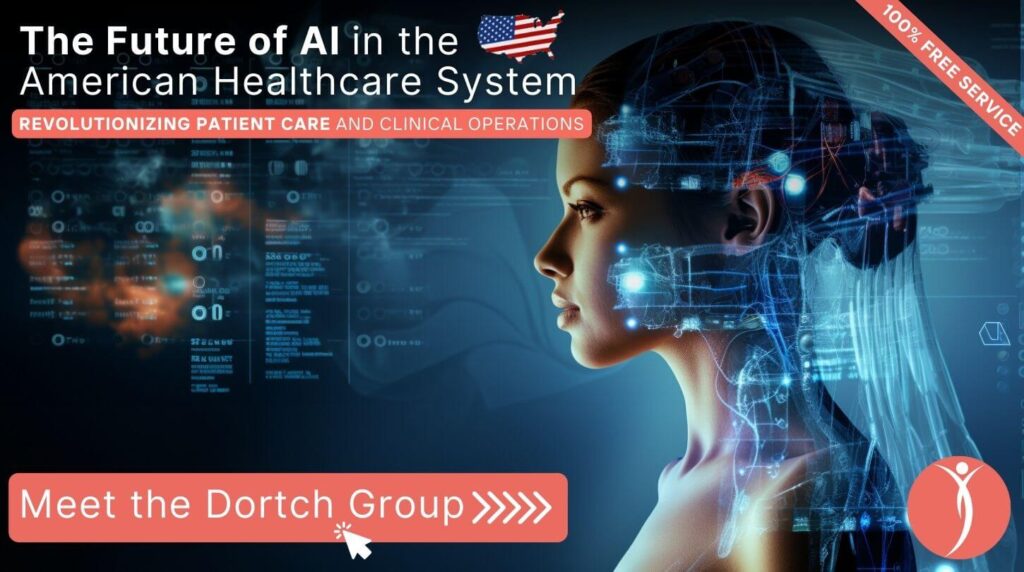The future of AI in the American healthcare system holds great promise and is likely to bring about significant advancements and improvements in various aspects of healthcare. Here are some key areas where AI is expected to play a significant role:
1. Clinical Decision Support
AI-powered clinical decision support systems can assist healthcare providers in diagnosing diseases, selecting treatment options, and predicting patient outcomes. By analyzing vast amounts of patient data, AI can provide personalized treatment recommendations, helping doctors make more accurate and timely decisions.
2. Disease Detection and Diagnosis
AI can analyze medical images, such as X-rays, MRIs, and CT scans, to detect diseases and abnormalities with high accuracy. This can lead to earlier diagnosis and intervention, potentially saving lives and reducing healthcare costs.
3. Drug Discovery and Development
AI and machine learning can accelerate drug discovery by analyzing vast datasets to identify potential drug candidates and predict their effectiveness. This can streamline the drug development process and lead to the creation of new treatments and therapies.
4. Health Monitoring and Predictive Analytics
AI can continuously monitor patient data from wearable devices and electronic health records to identify trends and predict health issues before they become critical. This proactive approach to healthcare can lead to better disease management and prevention.
5. Administrative Efficiency
AI can automate administrative tasks, such as billing, coding, and appointment scheduling, reducing administrative overhead and improving the overall efficiency of healthcare organizations.
6. Telemedicine and Remote Care
AI-powered chatbots and virtual assistants can provide patients with immediate access to healthcare information and services, making telemedicine more accessible and convenient. Remote monitoring using AI can help manage chronic conditions and post-operative care.
7. Personalized Medicine
AI can analyze an individual’s genetic and health data to tailor treatment plans and medications to their unique needs, increasing the effectiveness of therapies and reducing adverse effects.
8. Population Health Management
AI can analyze population health data to identify trends and risk factors, allowing healthcare organizations and policymakers to make informed decisions and allocate resources more efficiently.
9. Patient Engagement and Education
AI-driven chatbots and virtual health assistants can provide patients with personalized health information, reminders, and support, enhancing patient engagement and adherence to treatment plans.
10. Ethical and Regulatory Considerations
As AI becomes more integrated into healthcare, there will be ongoing discussions and regulations around data privacy, security, and ethical AI practices to ensure patient safety and protect sensitive healthcare information.
Challenges and Considerations:
Data Privacy and Security
Protecting patient data and ensuring its privacy is a critical concern when implementing AI in healthcare.
Interoperability
Ensuring that different healthcare systems and devices can communicate and share data is crucial for the effectiveness of AI applications.
Regulatory Compliance
Healthcare AI solutions must adhere to regulations such as HIPAA (Health Insurance Portability and Accountability Act) in the United States.
Health Equity
Efforts should be made to ensure that AI in healthcare benefits all populations and does not exacerbate existing health disparities.
Conclusion
In summary, AI has the potential to transform the American healthcare system by improving diagnosis, treatment, efficiency, and patient outcomes. However, successful integration will require collaboration among healthcare professionals, technologists, policymakers, and patients to address challenges and ensure responsible and equitable implementation.





